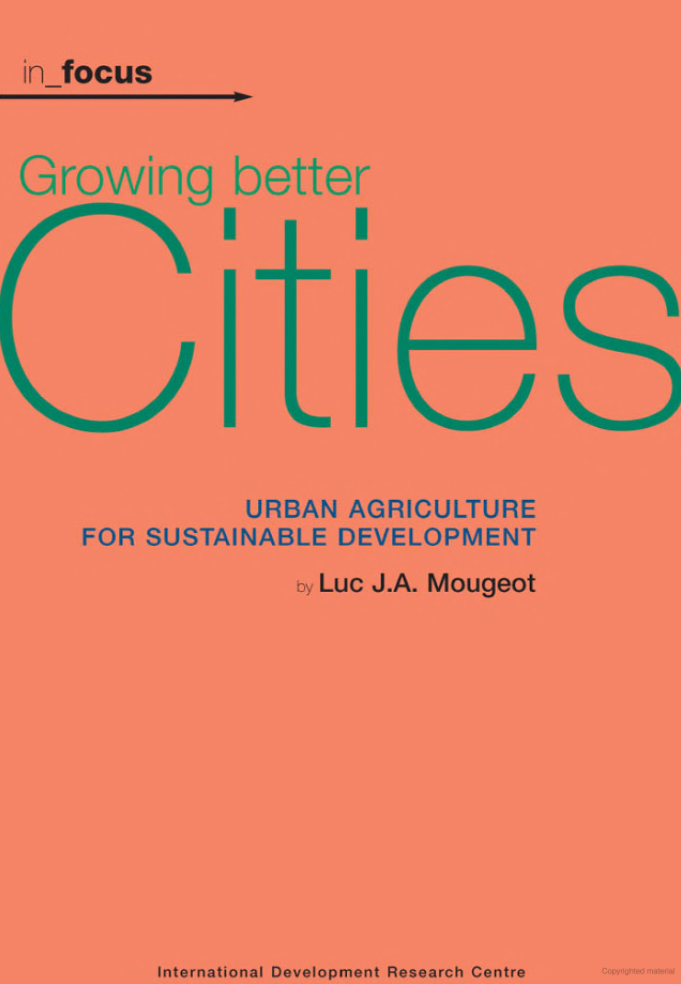About IDRC
A Crown corporation, we support leading thinkers who advance knowledge and solve practical development problems. We provide the resources, advice, and training they need to implement and share their solutions with those who need them most. In short, IDRC increases opportunities—and makes a real difference in people’s lives.
Working with our development partners, we multiply the impact of our investment and bring innovations to more people in more countries around the world. We offer fellowships and awards to nurture a new generation of development leaders.
What we do
IDRC funds research in developing countries to create lasting change on a large scale.
To make knowledge a tool for addressing pressing challenges, we
- provide developing-country researchers financial resources, advice, and training to help them find solutions to local problems.
- encourage knowledge sharing with policymakers, researchers, and communities around the world.
- foster new talent by offering fellowships and awards.
- strive to get new knowledge into the hands of those who can use it.
In doing so, we contribute to Canada’s foreign policy, complementing the work of Global Affairs Canada, and other government departments and agencies.
Resources
Displaying 171 - 175 of 324Growing better cities
The United Nations predicts that over the next 25 years nearly all population growth will be in the cities of the developing world. At current rates, 60% of the world’s total population will live in cities by 2030. As the cities grow, so does the number of urban poor. Unemployment, hunger, and malnutrition are commonplace. In the big city, most of any cash income the poor might bring home goes to feeding themselves and staying alive; any food that does not have to be bought is a bonus.
Saninten village report
While external forces can take many forms, such as the shock of a natural disaster which destroys productive assets, or the long-term ‘trend’ of consistently declining market prices which limits net incomes, the focus of this research is on the policy and institutional environment both within and outside the local community. The following village report examines linkages between micro-level livelihood realities and macro-level policy and institutional contexts. The project is based on a rural case study site of Saninten village in western Java, Indonesia.
Watershed management research : a review of IDRC projects in Asia and Latin America
The review reveals watershed management research as an interdisciplinary effort at multiple scales within a long-term movement towards informed participatory decision-making. Watersheds, together with aquifers, are the most important units for data collection and modeling in water management. Common property resources (CPRs) are of central importance, especially for low-income inhabitants. The exclusion of women from decision-making is a barrier to proper management as women often have the best understanding of CPR interrelations and management practices.







